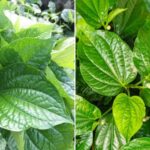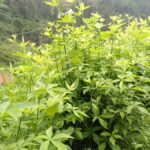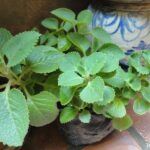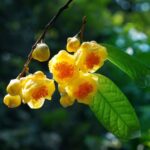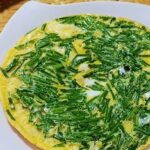Several types of wild vegetables in Vietnam are exported abroad and command a high price due to their nutritional value, medicinal properties, and rarity in the international market. Here are five notable examples, along with their export prices and destinations:
Water Spinach (Rau Càng Cua)
Characteristics: Grows wild in tropical regions, with fleshy stems, heart-shaped leaves, and a slightly sour taste.
Benefits: Rich in vitamins (A, C, B) and minerals (iron, potassium, magnesium). It aids in detoxification, digestion, weight loss, and has anti-inflammatory properties. Studies also indicate potential cancer-fighting abilities.
Price: In Vietnam, it costs around 70,000–110,000 VND/kg, while in Japan and other countries, it fetches a much higher price due to its perceived status as a “superfood,” selling for up to a million VND/kg.
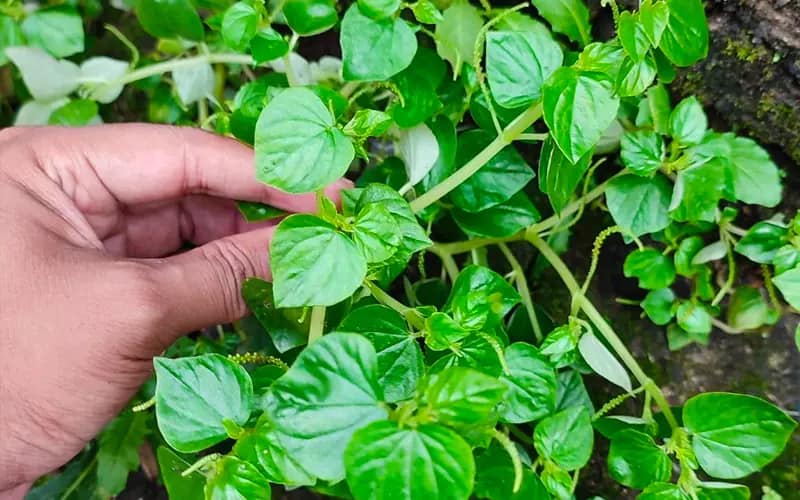
Bitter Melon (Tầm Bóp)
Characteristics: Grows wild in fields and vacant lots, bearing small yellow or purple fruits when ripe, also known as “lanterns” or “thù lù.”
Benefits: Contains protein, fiber, vitamins A and C, calcium, and iron. It aids in detoxification, phlegm reduction, inflammation reduction, cancer prevention, and diabetes management.
Price: In Japan, bitter melon sells for approximately 700,000 VND/kg and is commonly found in supermarkets.
Markets: Japan (used as medicine or diet food) and Europe.
Perilla (Tía Tô)
Characteristics: Easy to cultivate and grows wild in rural areas. The leaves are used as a culinary herb or eaten raw.
Benefits: Reduces the fishy odor of seafood, promotes health by aiding in cooling the body and fighting bacteria, and is considered a herb in Japan.
Price: In Vietnam, it is very inexpensive (1,000–2,000 VND/bundle), but in Japan, carefully selected and export-grade perilla leaves can cost 500–700 VND each, or they may be dried and sold for 16 USD/packet.
Portulaca (Rau Sam)
Characteristics: Grows wild in gardens and paddy fields, with prostrate stems, fleshy leaves, and a mild sour taste.
Benefits: Contains omega-3 fatty acids, potassium, and vitamins, supporting cardiovascular health and treating abscesses. It is considered a “longevity vegetable.”
Price: In Vietnam, it is almost free, but in Japan, China, Europe, and the USA, it commands a high price in both culinary (salad, pickled vegetables) and medical applications.
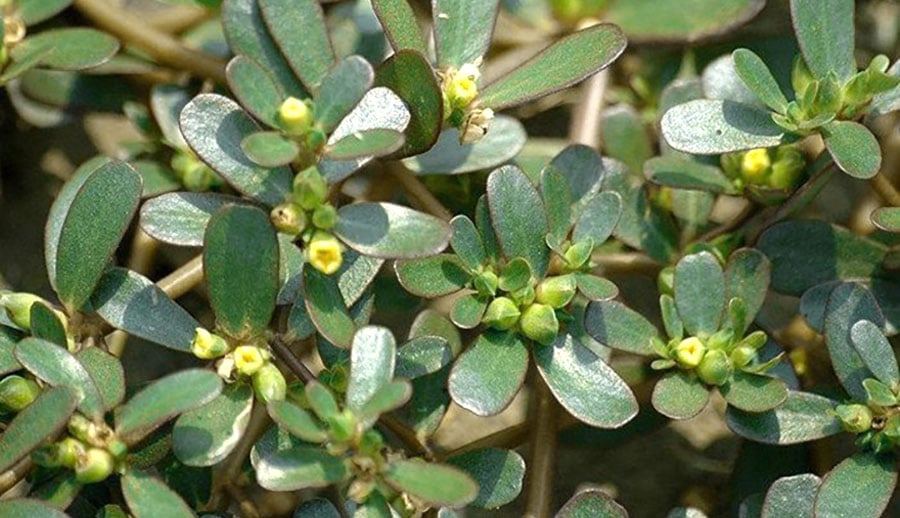
Duckweed (Bèo Tây)
Characteristics: Grows abundantly in ponds, canals, and ditches.
Benefits: Used in salads, treats skin conditions (pimples, swelling), purifies water, and has antibacterial properties.
Price: While it is used as animal feed in Vietnam, in Japan, it sells for about 16,000 VND/plant (80 yen). Market: Japan.
Fish Mint (Rau Diếp Cá)
Characteristics: Grows wild in moist areas, easy to cultivate, and has a distinctive pungent odor.
Benefits: Detoxifies, cools the body, treats illnesses, and has a cooling property.
Price: Inexpensive in Vietnam, but in China, particularly in the south, it sells for around 200,000 VND/kg and often sells out.
The Ultimate Guide to Super-Fast-Growing Vegetables: A Month’s Worth of Meals in One Easy Planting
No need for a sprawling garden or fertile soil – this “miracle” vegetable grows like a weed and can be harvested all month long with just a single planting. With a nutritional value surpassing that of oranges, yet so easy to cultivate that even a novice gardener can succeed, this vegetable is a true wonder.
























